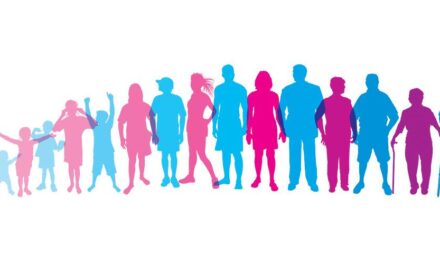Some statistics:
More than half, 52 percent, of respondents say they think the program that began enrolling people on Jan. 1 is tough to understand.
Two-thirds of older people surveyed and two-thirds of those who have signed up say they are confused by the program, which is intended to help many save more on their prescription drugs.
A third said they had not decided what they think of the new program and 16 percent said they have little trouble figuring out the program.
Of those people who have enrolled in the program or have family members enrolled, six in 10 in the poll said they have noticed no significant savings.
Half of the Republicans surveyed say the drug program is hard to understand while six in 10 Democrats say they feel that way.
More numbers:
…national SeniorTrax survey finds 53 percent of seniors have absolutely no plans to enroll for Part D benefits, 24 percent say they had chosen a Part D plan and 23 percent say they had not chosen a Part D plan, but intend to do so.
continued
OK, now we know the numbers as reported by MSM/RWCM. But, the numbers given so far only include senior citizens. Why don’t the numbers reflect the fact that people with disabilities are also being harmed by Medicare D? After all, a person is a person and the rx’s are still necessary.
OK, now we know the numbers as reported by MSM/RWCM. But, the numbers given so far only include senior citizens. Why don’t the numbers reflect the fact that people with disabilities are also being harmed by Medicare D? After all, a person is a person and the rx’s are still necessary.
To me, this further demonstrates a point that I made in a comment to an earlier diary (on mlw), namely, that disability rights are a subject that has been ignored for too long. Also, it is appalling that few in the media or the administration are recognizing this. Especially in light of this:
Poor, disabled patients — called “dual eligibles” in Medicare jargon and totaling about 6.4 million nationally — were switched Jan. 1 to the new Medicare Part D program, which allows them, like seniors, to choose a private company to subsidize their prescriptions.
But, the fact of the matter is that many people with disabilities are finding out that the plans they were switched to will not cover all of their rx’s, or will charge an unaffordable co-pay. (To a person living on SSI an increase in a co-pay can mean skipping meals.)
Guess the number of people with disabilities just aren’t important enough for DC to pay attention to.





